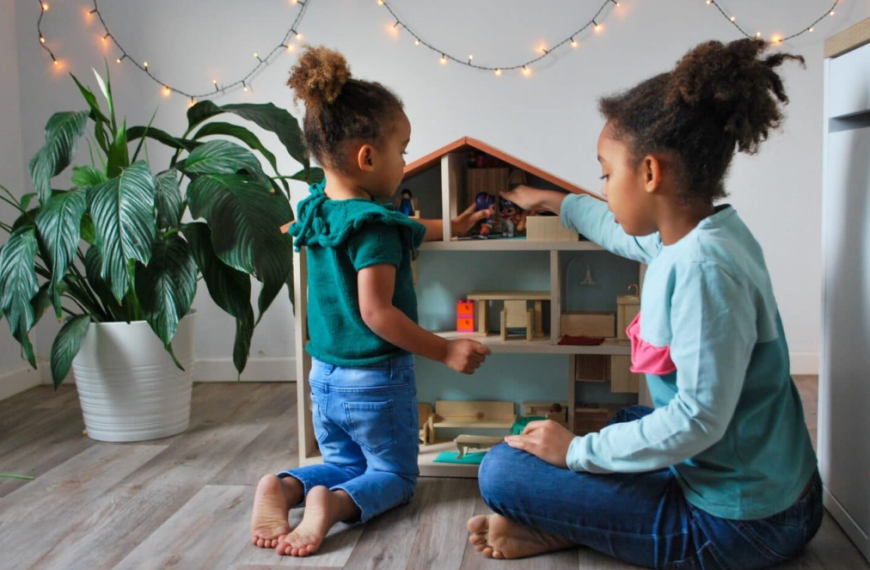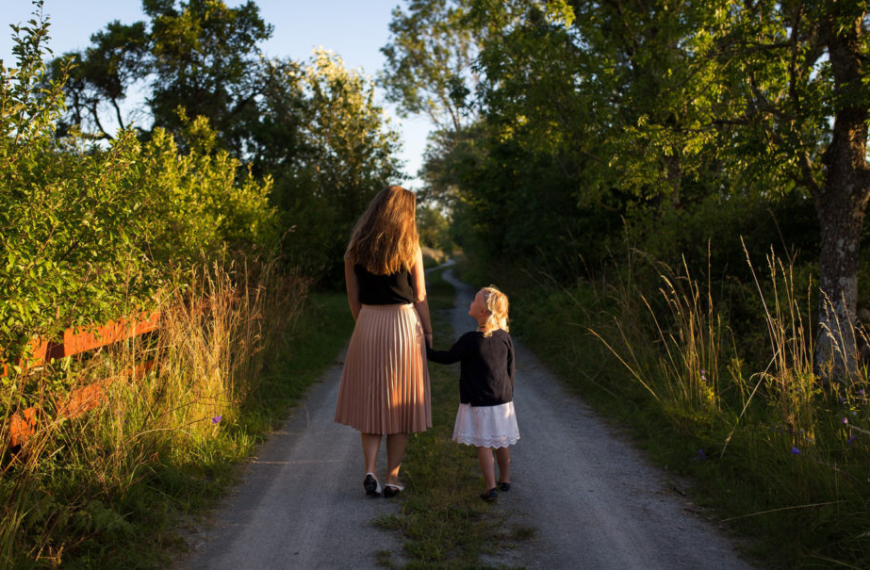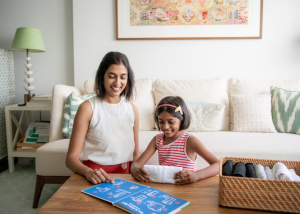During my first pregnancy, I harbored grand aspirations, aspiring to give my children the world with the best of intentions, a sentiment shared by many new parents. The desire to provide more for our children, rooted in love, soon morphed into an anxious pursuit, fueled by fear. The fear of not being enough, not ensuring constant protection, or securing a spot in the finest preschool. This fear, disguised as love, took a toll, leaving me depleted and feeling less. Then, I discovered Minimalism, which goes beyond decluttering physical possessions.
It’s about filtering out the noise to concentrate on what truly matters. As someone with a Ph.D. in Child Development and a specialization in Family Wellness, I understand the clamor families face. Balancing individual needs while strengthening the familial bonds is the key to finding calm amid life’s chaos. It may sound challenging, but it’s the essence of Minimalism in family life.
How to Parent Like a Minimalist
Luckily, minimalism has a hidden recipe for parents: Less is More. Here are some insights I’ve gained on my path to a more straightforward family life:
1. Hover less, and your children will live more.
We often focus too much on keeping our kids safe and forget to let them enjoy life. When we watch over them too closely and worry too much about safety, it can make them less confident and take away their freedom. Instead of being overly protective, let’s encourage them to be responsible and curious about the world.
Let your kids experience life to the max, even if it means climbing to the top of the playground without someone watching closely.
2. Entertain less and your children will innovate more.
Pinterest can be tricky. With so many art, craft, and activity ideas, it makes us feel like we have to do a lot to keep our kids busy. But what if there was an easy way to provide constant entertainment for them? Well, there is. We can control their screen time.
When we constantly give our kids different things to do, they don’t have much chance to come up with their own ideas and explore new things on their own.
3. Schedule less and your children will rest more.
We all need to give our bodies and minds a break, especially growing kids. Studies tell us that anxiety is becoming more common among children nowadays. A child dealing with anxiety is much more likely to face mental health issues when they grow up.
So, what do our kids need? Rest.
And what do we need? Rest.
Let’s not treat rest as something fancy; let’s make it important. The well-being of your family, both mentally and physically, relies on it.
4. Referee less, and your children will problem-solve more.
As parents, we have various roles. One role we should give a break is that of the referee. Parents often step in to resolve disputes and challenges that kids face. It’s simpler to be the referee than to watch two kids figure out their own disagreement. It’s quicker to jump in and assist than wait for a kid to struggle through tying their shoes for ten minutes.
Once you take off that hat, get used to sitting on the sidelines quietly. Kids need lots of practice to learn how to solve problems, so let’s give them plenty of chances to do it on their own.
5. Buy less, and your children will seek more.
Research indicates that having a clutter-free home is linked to lower stress levels in families. Have you recently yelled at your kids to tidy up their rooms? It’s easier to clean up when there’s less stuff in your home. Taking care of fewer things is simpler.
You know what doesn’t make a lasting impact on a child’s happiness? The latest popular toy. If you buy your children fewer things, they’ll be better able to ignore distractions and focus on what truly matters.
Studies show that family vacations and spending time together have a lasting effect on a child’s happiness. Let’s teach our children to value “stuff” less and experiences more.
What are you doing less of to help your kids get more out of life?












